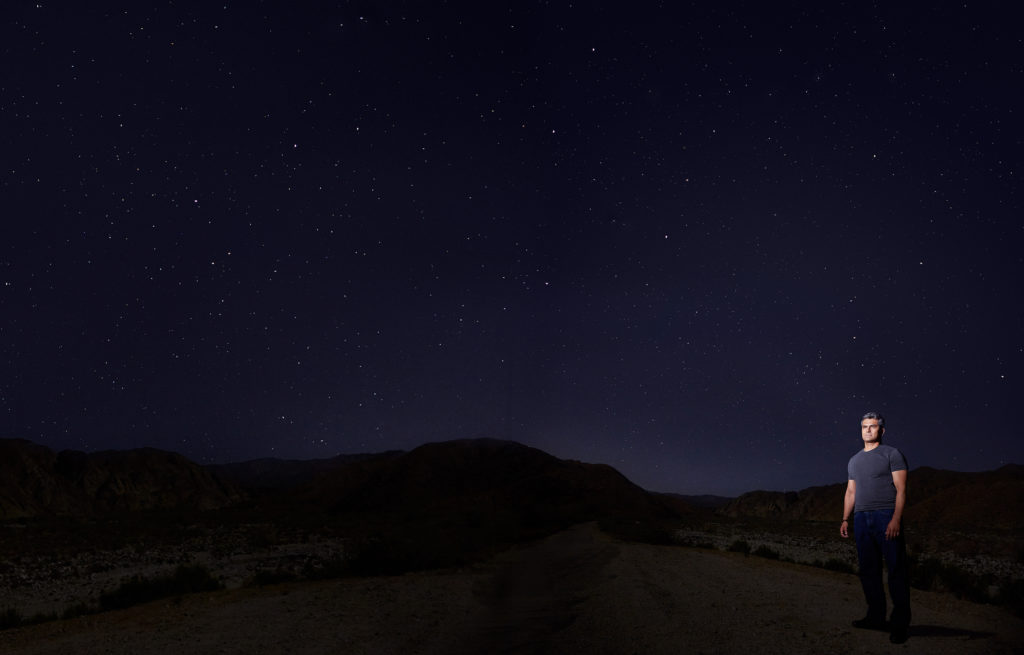
In January 1991, Franky Carrillo Jr., 16, was arrested at his family’s home for the murder of Donald Sarpy in Lynwood, California. Despite professing his innocence, Carrillo was tried as an adult and convicted on witness testimony. Years later, his case was taken up by the Northern California Innocence Project, and in 2011, after witnesses recanted, Carrillo was exonerated. On a sunny March afternoon, he walked away from two decades in prison for a wrongful conviction. This is his story.—The Editor
“How could this be happening? When will the truth set me free? Where are the adults? I want to go home.” For 20 long years, I went to bed and woke up asking myself those painful questions.
I was 16 years old when I was handcuffed, arrested and taken away from my family and society, never, I thought, to be seen or heard from again. The accusations against me were false. The investigators and eyewitnesses swore to tell the truth but, instead, gave false testimony. The jury was persuaded, and before my life had a chance to begin, it ended: “We, the jury, find Francisco Carrillo Jr. guilty of first-degree murder.”
On the day of my sentencing, the judge rang me up: 25 years to life, plus five years for use of a firearm, plus six life sentences to run concurrently. The grand total was 30 years to life, plus an additional life sentence. I was forced to pay for a crime I didn’t commit with the entirety of my life.
I was devastated, beat down. I cried with no one to console me. I cried because I was afraid, because the cruel burden that I was forced to carry was too damn heavy. There was nothing I felt I could do. I was a number, a convicted criminal and powerless.
The judge rang me up: 25 years to life, plus five years for use of a firearm, plus six life sentences to run concurrently. The grand total was 30 years to life, plus an additional life sentence.
Eventually, my will to live and belief in myself enabled me to fight for what was rightfully mine — freedom. So, locked in Folsom State Prison, I fought with nothing but hope and the steadfast conviction that someone out there still believed in miracles. Many of those around me laughed, saying I would never prove my innocence because it would require proving that the greatest criminal justice system in the world was broken.
After 15 years, help finally arrived. My prayers were answered. Lawyers, advocates, investigators — good people — found me. A new, five-year investigation produced evidence that finally proved my innocence and set me free. My lawyers achieved one of the most difficult feats in a courtroom: They overturned a jury conviction. On March 16, 2011, I was no longer the property of the State of California. I was my own man. I was determined to enjoy the freedom that I dreamed of for more than 20 years. I wanted to live.
Two things set me in the right direction. First, the words of Martin Luther King Jr. were a visual reminder on my cell wall: “History will have to record that the greatest tragedy of this period of social transition was not the strident clamor of the bad people, but the appalling silence of the good people.” I repeated those words in my mind until they became my own.
Second, after my release, I decided that I needed to challenge my mind and body; my soul had nothing more to prove. I signed up to run the Ragnar, a 200-mile overnight relay race under the stars and through the mountain passes of Utah. In all my years in prison, I was not allowed to see the night sky because my security level prohibited me from leaving my cellblock after 3 p.m. Once I was free, I wanted to run, I wanted to enjoy the night sky, I wanted to experience the wind caressing every part of my body.
Shortly after my release, a personal goal became possible, with the help of many people. I enrolled at LMU, where I would earn a college degree and everything about me would be challenged. It seemed foolish to some who wondered why I would dedicate the next four years to another institution. But I needed to take hold of my future and follow my heart.
I am now a family man, a father, and a partner to my beautiful girlfriend, who I met at Loyola Law School. In the short time since I’ve been liberated, I have been living a wonderful life full of travel, family and friends. But forgetting is not an option. As I move toward my senior year, I continue to be challenged with managing my studies, political activism, public speaking and advocacy for criminal justice system reform.
I hope the man I’ve become helps change people’s perceptions and helps them replace the fear of those who appear different with compassion and understanding. I hope to live up to my high standard of adulthood, to act when others don’t and speak up on behalf of those who find themselves in need of a friend and advocate.
Franky Carrillo Jr.’s conviction was reversed by the Los Angeles County Superior Court on March 14, 2011. He was released two days later. He is now pursuing a bachelor’s degree in sociology in the LMU Bellarmine College of Liberal Arts. In September 2014, Gov. Jerry Brown approved the recommendation of the Legislature and the California Victim Compensation and Government Claims Board to compensate Carrillo at $100 per day for each day of wrongful imprisonment.
